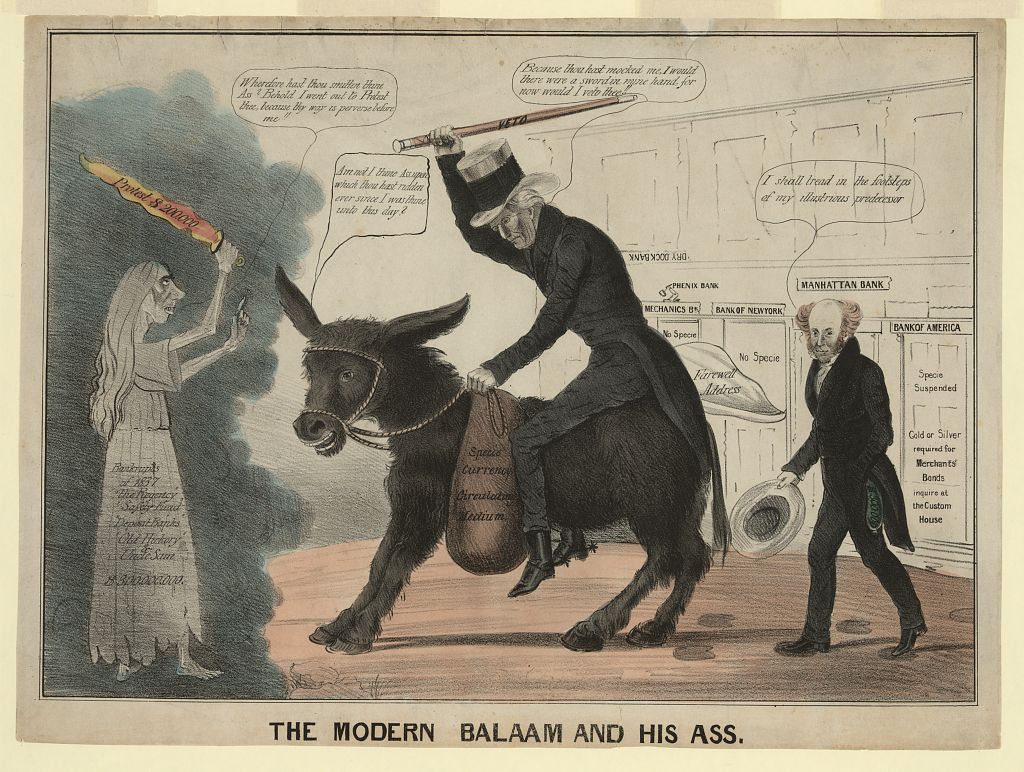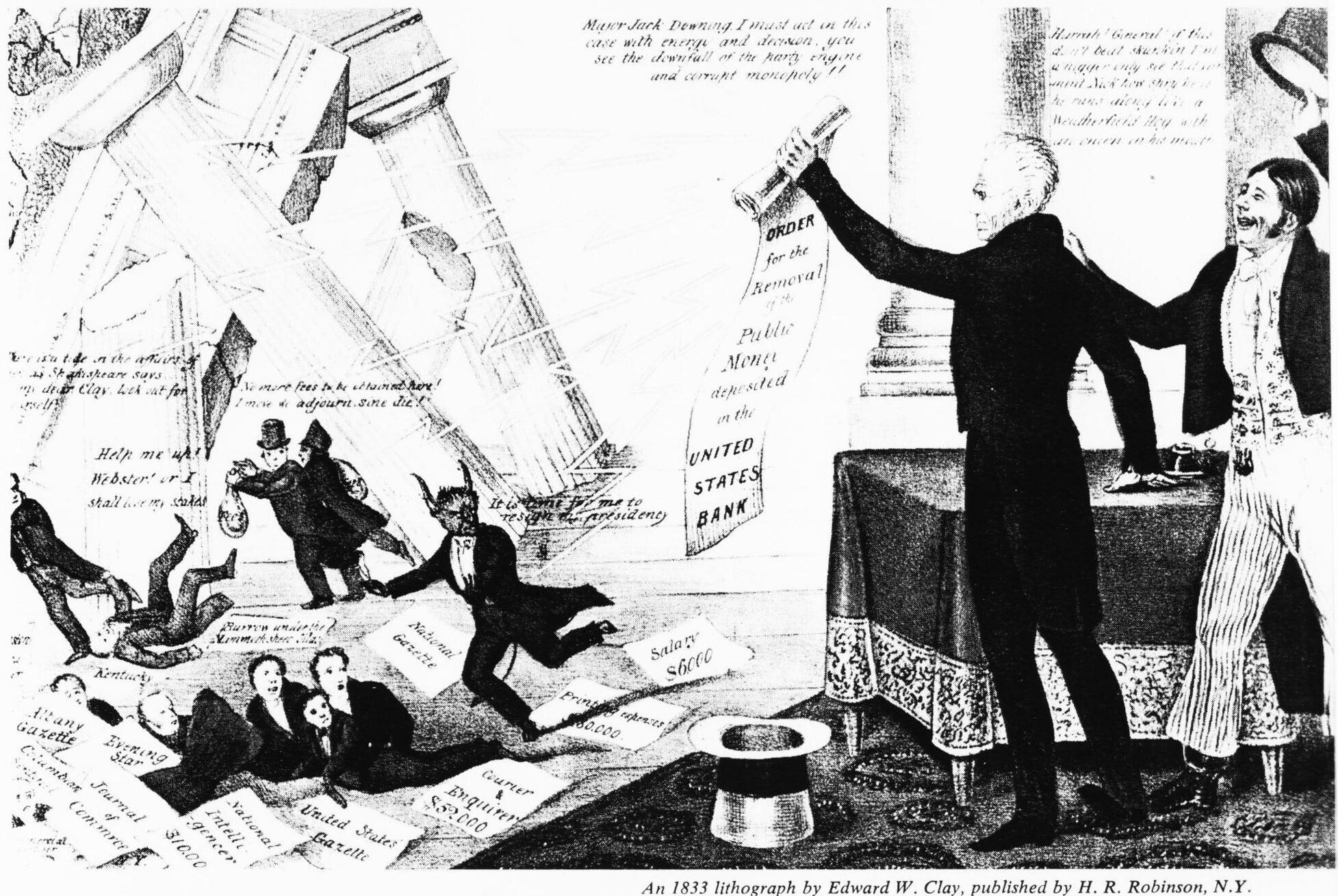|
Joseph Gist
Joseph Gist (January 12, 1775March 8, 1836) was a U.S. Representative from South Carolina. Born near the mouth of Fair Forest Creek in the Union District of the Province of South Carolina. Gist moved to Charleston with his parents in 1788. He attended the common schools. He graduated from the College of Charleston. He studied law, was admitted to the bar in 1799, and began practice in Pinckneyville, South Carolina, in 1800. He served as member of the State house of representatives from 1802 to 1817. He served as member of the board of trustees of South Carolina College at Columbia 1809–1821. Gist was elected as a Democratic-Republican to the Seventeenth Congress, re-elected as a Jackson Republican to the Eighteenth Congress, and elected as a Jacksonian to the Nineteenth Congress (March 4, 1821 – March 3, 1827). He was not a candidate for renomination. He resumed the practice of law. He died in Pinckneyville Pinckneyville is a city in and the county seat of Perry County, ... [...More Info...] [...Related Items...] OR: [Wikipedia] [Google] [Baidu] |
John Carter (South Carolina)
John W. Carter (September 10, 1792 – June 20, 1850) was a U.S. Representative from South Carolina. Born on the Black River, near Camden, in what is now Kershaw County, South Carolina, Carter graduated from South Carolina College (now the University of South Carolina) at Columbia in 1811. He studied law and was admitted to the bar in 1814. He commenced practice in Camden, South Carolina. He served as commissioner in equity from 1814 until 1820. Carter was elected as a Democratic-Republican The Democratic-Republican Party, known at the time as the Republican Party and also referred to as the Jeffersonian Republican Party among other names, was an American political party founded by Thomas Jefferson and James Madison in the early ... to the Seventeenth Congress to fill the vacancy caused by the resignation of James Blair. He was reelected as a Jackson Republican to the Eighteenth Congress and as a Jacksonian to the Nineteenth and the Twentieth Congresses and served from ... [...More Info...] [...Related Items...] OR: [Wikipedia] [Google] [Baidu] |
Democratic-Republican Party Members Of The United States House Of Representatives From South Carolina
The Democratic-Republican Party, known at the time as the Republican Party and also referred to as the Jeffersonian Republican Party among other names, was an American political party founded by Thomas Jefferson and James Madison in the early 1790s that championed republicanism, agrarianism, political equality, and expansionism. The party became increasingly dominant after the 1800 elections as the opposing Federalist Party collapsed. The Democratic-Republicans splintered during the 1824 presidential election. The majority faction of the Democratic-Republicans eventually coalesced into the modern Democratic Party, while the minority faction ultimately formed the core of what became the Whig Party. The Democratic-Republican Party originated as a faction in Congress that opposed the centralizing policies of Alexander Hamilton, who served as Secretary of the Treasury under President George Washington. The Democratic-Republicans and the opposing Federalist Party each became mor ... [...More Info...] [...Related Items...] OR: [Wikipedia] [Google] [Baidu] |
1836 Deaths
Events January–March * January 1 – Queen Maria II of Portugal marries Ferdinand II of Portugal, Prince Ferdinand Augustus Francis Anthony of Saxe-Coburg-Gotha. * January 5 – Davy Crockett arrives in Texas. * January 12 ** , with Charles Darwin on board, reaches Sydney. ** Will County, Illinois, is formed. * February 8 – London and Greenwich Railway opens its first section, the first railway in London, England. * February 16 – A fire at the Lahaman Theatre in Saint Petersburg kills 126 people."Fires, Great", in ''The Insurance Cyclopeadia: Being an Historical Treasury of Events and Circumstances Connected with the Origin and Progress of Insurance'', Cornelius Walford, ed. (C. and E. Layton, 1876) p76 * February 23 – Texas Revolution: The Battle of the Alamo begins, with an American settler army surrounded by the Mexican Army, under Antonio López de Santa Anna, Santa Anna. * February 25 – Samuel Colt receives a United States patent for the Colt Firearms, Colt ... [...More Info...] [...Related Items...] OR: [Wikipedia] [Google] [Baidu] |
1775 Births
Events Summary The American Revolutionary War began this year, with the first military engagement being the April 19 Battles of Lexington and Concord on the day after Paul Revere's now-legendary ride. The Second Continental Congress takes various steps toward organizing an American government, appointing George Washington commander-in-chief (June 14), Benjamin Franklin postmaster general (July 26) and creating a Continental Navy (October 13) and a Marine force (November 10) as landing troops for it, but as yet the 13 colonies have not declared independence, and both the British (June 12) and American (July 15) governments make laws. On July 6, Congress issues the Declaration of the Causes and Necessity of Taking Up Arms and on August 23, King George III of Great Britain declares the American colonies in rebellion, announcing it to Parliament on November 10. On June 17, two months into the colonial siege of Boston, at the Battle of Bunker Hill, just north of Boston, Bri ... [...More Info...] [...Related Items...] OR: [Wikipedia] [Google] [Baidu] |
Jacksonian Democrats
Jacksonian democracy was a 19th-century political philosophy in the United States that expanded suffrage to most white men over the age of 21, and restructured a number of federal institutions. Originating with the seventh U.S. president, Andrew Jackson and his supporters, it became the nation's dominant political worldview for a generation. The term itself was in active use by the 1830s. This era, called the Jacksonian Era or Second Party System by historians and political scientists, lasted roughly from Jackson's 1828 election as president until slavery became the dominant issue with the passage of the Kansas–Nebraska Act in 1854 and the political repercussions of the American Civil War dramatically reshaped American politics. It emerged when the long-dominant Democratic-Republican Party became factionalized around the 1824 United States presidential election. Jackson's supporters began to form the modern Democratic Party. His political rivals John Quincy Adams and Henr ... [...More Info...] [...Related Items...] OR: [Wikipedia] [Google] [Baidu] |
United States House Of Representatives
The United States House of Representatives, often referred to as the House of Representatives, the U.S. House, or simply the House, is the Lower house, lower chamber of the United States Congress, with the United States Senate, Senate being the Upper house, upper chamber. Together they comprise the national Bicameralism, bicameral legislature of the United States. The House's composition was established by Article One of the United States Constitution. The House is composed of representatives who, pursuant to the Uniform Congressional District Act, sit in single member List of United States congressional districts, congressional districts allocated to each U.S. state, state on a basis of population as measured by the United States Census, with each district having one representative, provided that each state is entitled to at least one. Since its inception in 1789, all representatives have been directly elected, although universal suffrage did not come to effect until after ... [...More Info...] [...Related Items...] OR: [Wikipedia] [Google] [Baidu] |
Lawyer
A lawyer is a person who practices law. The role of a lawyer varies greatly across different legal jurisdictions. A lawyer can be classified as an advocate, attorney, barrister, canon lawyer, civil law notary, counsel, counselor, solicitor, legal executive, or public servant — with each role having different functions and privileges. Working as a lawyer generally involves the practical application of abstract legal theories and knowledge to solve specific problems. Some lawyers also work primarily in advancing the interests of the law and legal profession. Terminology Different legal jurisdictions have different requirements in the determination of who is recognized as being a lawyer. As a result, the meaning of the term "lawyer" may vary from place to place. Some jurisdictions have two types of lawyers, barrister and solicitors, while others fuse the two. A barrister (also known as an advocate or counselor in some jurisdictions) is a lawyer who typically specia ... [...More Info...] [...Related Items...] OR: [Wikipedia] [Google] [Baidu] |
Democratic-Republican Party (United States)
The Democratic-Republican Party, known at the time as the Republican Party and also referred to as the Jeffersonian Republican Party among other names, was an American political party founded by Thomas Jefferson and James Madison in the early 1790s that championed republicanism, agrarianism, political equality, and expansionism. The party became increasingly dominant after the 1800 elections as the opposing Federalist Party collapsed. The Democratic-Republicans splintered during the 1824 presidential election. The majority faction of the Democratic-Republicans eventually coalesced into the modern Democratic Party, while the minority faction ultimately formed the core of what became the Whig Party. The Democratic-Republican Party originated as a faction in Congress that opposed the centralizing policies of Alexander Hamilton, who served as Secretary of the Treasury under President George Washington. The Democratic-Republicans and the opposing Federalist Party each became mo ... [...More Info...] [...Related Items...] OR: [Wikipedia] [Google] [Baidu] |
Jacksonian Party (United States)
Jacksonian democracy was a 19th-century political philosophy in the United States that expanded suffrage to most white men over the age of 21, and restructured a number of federal institutions. Originating with the seventh U.S. president, Andrew Jackson and his supporters, it became the nation's dominant political worldview for a generation. The term itself was in active use by the 1830s. This era, called the Jacksonian Era or Second Party System by historians and political scientists, lasted roughly from Jackson's 1828 election as president until slavery became the dominant issue with the passage of the Kansas–Nebraska Act in 1854 and the political repercussions of the American Civil War dramatically reshaped American politics. It emerged when the long-dominant Democratic-Republican Party became factionalized around the 1824 United States presidential election. Jackson's supporters began to form the modern Democratic Party. His political rivals John Quincy Adams and Henr ... [...More Info...] [...Related Items...] OR: [Wikipedia] [Google] [Baidu] |
South Carolina House Of Representatives
The South Carolina House of Representatives is the lower house of the South Carolina General Assembly. It consists of 124 representatives elected to two-year terms at the same time as U.S. congressional elections. Unlike many legislatures, seating on the floor is not divided by party, but is arranged by county delegation – a legacy of the original apportionment of the chamber. Until 1964, each of South Carolina's counties was a legislative district, with the number of representatives determined by the county's population. It meets from the second week of January into May. History In Colonial times, there was a Commons House of Assembly. Qualifications and terms Representatives are considered part-time citizen legislators who serve two-year terms. Representatives are elected at-large by their district, and there are no term limits. Representatives must be 21 years of age before they are eligible to become a representative. Composition Leadership Current members Pa ... [...More Info...] [...Related Items...] OR: [Wikipedia] [Google] [Baidu] |
John McCreary
John Mccreary (November 4, 1833) was a U.S. Representative from South Carolina. Biography Early life John McCreary was born in approximately 1761 near Fishing Creek Lake, about eighteen miles from Chester in the Province of South Carolina. He received his schooling from private tutors. Career He became a surveyor. He also engaged in agricultural pursuits, and he ran a Southern plantation in South Carolina. Later, he served in the Revolutionary War. He was a member of the South Carolina House of Representatives from 1794 to 1799 and 1802. He was elected as a Democratic-Republican to the Sixteenth Congress, where he served from March 4, 1819, to March 3, 1821. He resumed agricultural pursuits and surveying. Death He died on his plantation in South Carolina on November 4, 1833. He was buried in the Richardson Church Cemetery, Chester County, South Carolina Chester County is a county located in the U.S. state of South Carolina. As of the 2020 census, its population was ... [...More Info...] [...Related Items...] OR: [Wikipedia] [Google] [Baidu] |




